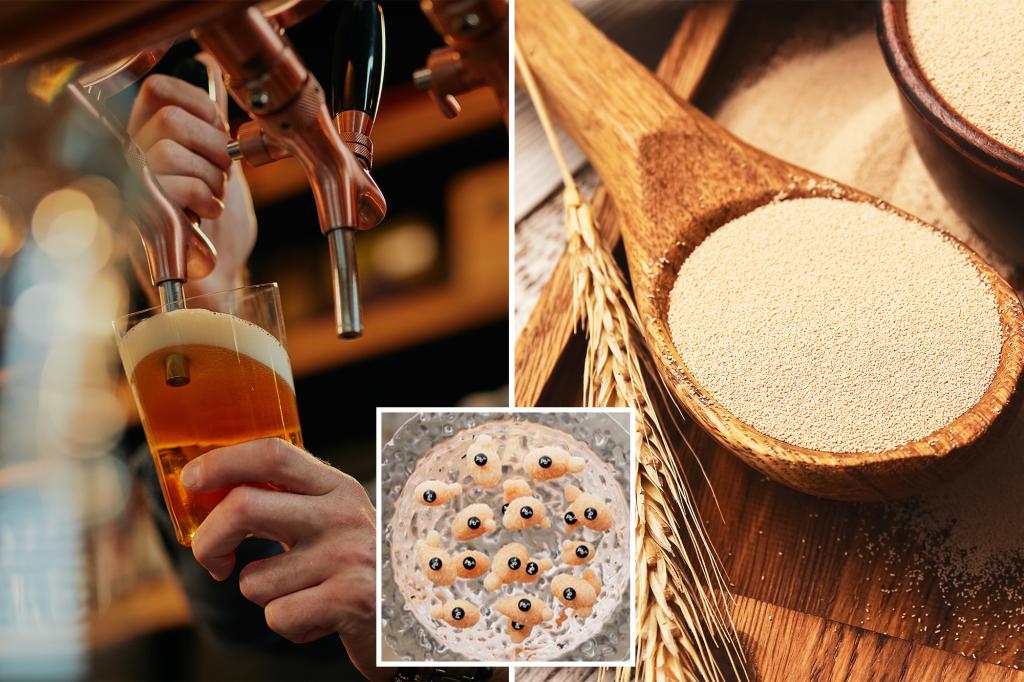Researchers at the Massachusetts Institute of Technology and Georgia Tech have made a breakthrough using recycled beer yeast to remove lead from water, following up on their 2021 research showing that discarded beer could treat Boston’s water supply. The process of biosorption, where yeast quickly absorbs trace metals such as lead, was pivotal in creating a de facto lead filter for water by packaging yeast in hydrogel capsules. These capsules are easy to remove once the water is purified, making it a sustainable and environmentally friendly method.
The researchers explained that the hydrogel surrounding the yeast allows water to interact with the yeast and remove impurities effectively. Additionally, the yeast used in this process is bio-based, benign, and biodegradable, giving it an advantage over traditional technologies. The findings of this study have been published in the journal “RSC Sustainability” and open the door for further research and applications of using yeast to purify water on a larger scale in homes or treatment plants.
Further plans for this yeast-based water purification method include modifying faucets in homes or implementing it on a larger scale at water treatment plants. The researchers believe that this has significant environmental justice implications, especially considering the low cost and sustainability of using yeast as the primary filtering agent. Yeast is readily available and can be utilized anywhere, making it an attractive option for ensuring clean and safe water for all communities.
The potential for yeast-based water filtration to address lead contamination in water sources is significant, given the effectiveness of yeast in absorbing heavy metals like lead. By utilizing yeast within hydrogel capsules, the researchers were able to create a simple and efficient system for removing lead from water. This research represents a promising step forward in developing innovative and sustainable solutions for water purification, with a focus on using environmentally friendly materials like yeast.
The impact of this research extends beyond scientific innovation to address practical challenges related to water quality. By harnessing the power of yeast to remove lead from water sources, this method offers a cost-effective and environmentally friendly solution for communities facing water contamination issues. The researchers’ ongoing work to refine and scale up this technology holds promise for delivering safe and clean water to populations in need, highlighting the transformative potential of yeast-based water purification methods.
In conclusion, the use of recycled beer yeast to purify water and remove lead represents a significant advancement in the field of water filtration. The innovative approach of biosorption using yeast encapsulated in hydrogel capsules offers a sustainable and efficient method for removing heavy metals from water sources. The environmental benefits of using bio-based and biodegradable materials like yeast make this technology an attractive option for addressing water quality challenges worldwide. As researchers continue to develop and refine this method, the potential for yeast-based water purification to benefit communities and improve public health remains a promising avenue for future research and application.


